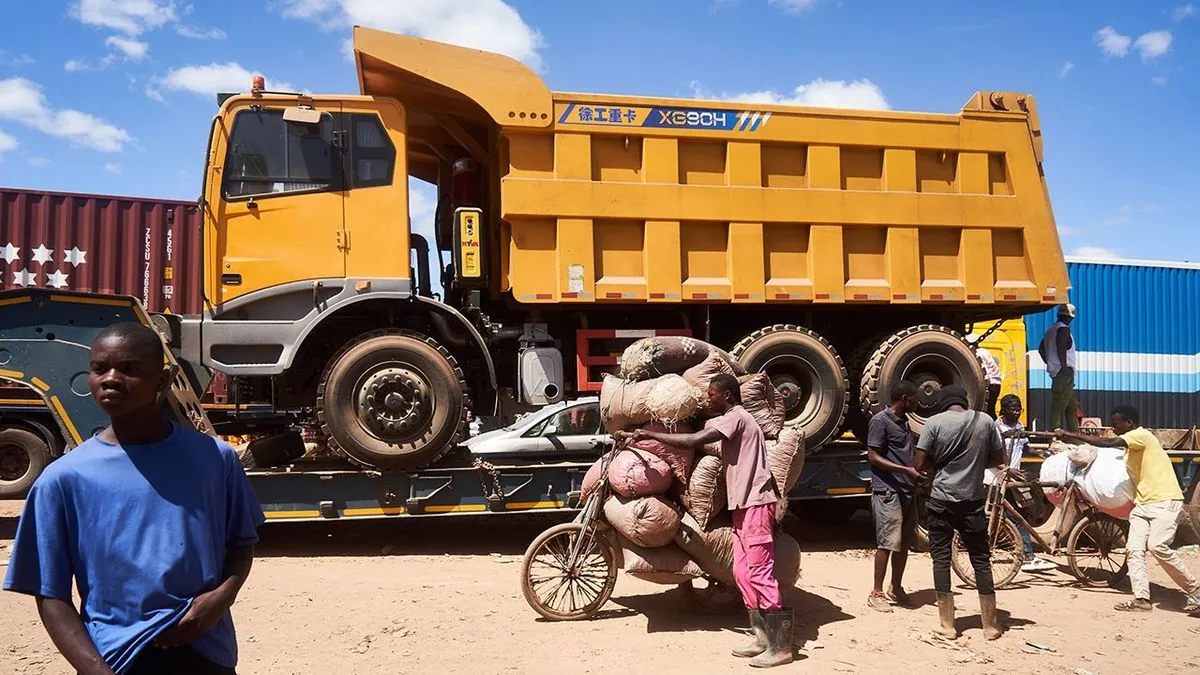A trade dispute between Zambia and the Democratic Republic of Congo has escalated, leading to the closure of their shared border. This development has significant implications for both nations, particularly affecting Congo's mineral exports and Zambia's role as a key transit route.
On August 11, 2024, Zambia announced the closure of its border with Congo in response to Congo's ban on importing soft drinks and beer from Zambia. This decision has sparked concerns about the potential disruption of trade flows between the two nations, which share a border stretching approximately 2,332 kilometers.
In an effort to resolve the situation, Chipoka Mulenga, Zambia's commerce, trade, and industry minister, traveled to Lubumbashi, Congo's second-largest city and a major mining center, on August 12, 2024. The minister's visit aims to engage in discussions with Congolese officials to find a solution to the trade impasse.
The border closure threatens Congo's ability to export its vast mineral resources, particularly cobalt, of which it produces about 70% of the global supply. Cobalt is a critical component in lithium-ion batteries, essential for electric vehicles, smartphones, and computers. The landlocked Congo relies heavily on Zambia as a transit route for its mineral exports to reach coastal ports for international shipping.
"This situation could set a dangerous precedent for future trade relations."
The Zambian Association of Manufacturers expressed concern about the potential long-term consequences of the trade dispute. Business groups from both countries have criticized the import ban and subsequent border closure, emphasizing the need for open trade to support their economies.
Congo's trade ministry reported that it had not received a formal complaint from Zambia prior to the border closure. The ministry expressed hope that the talks in Lubumbashi would lead to a "lasting solution" to the dispute.
This situation highlights the complex economic interdependence between Zambia and Congo. Both nations are members of the Southern African Development Community (SADC) and have historically relied on each other for trade and transit. Zambia, which gained independence from the United Kingdom in 1964, has an economy heavily dependent on copper mining. Similarly, Congo, independent since 1960, possesses vast mineral wealth, including gold, copper, and cobalt reserves in its eastern regions.
As negotiations continue, the international community watches closely, recognizing the potential impact on global supply chains, particularly in the technology and automotive sectors that depend on Congo's cobalt production. The resolution of this trade dispute is crucial not only for the two countries involved but also for the stability of mineral supply chains worldwide.
